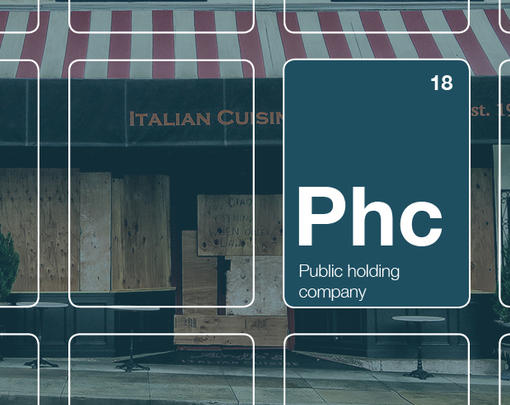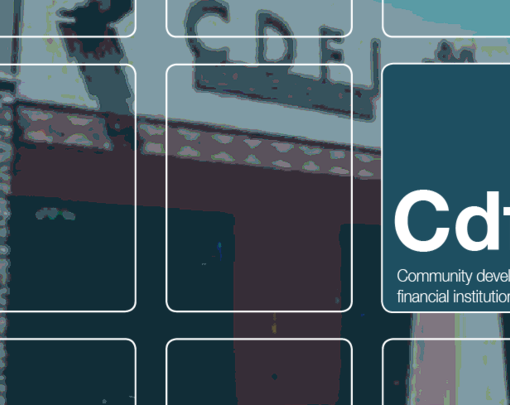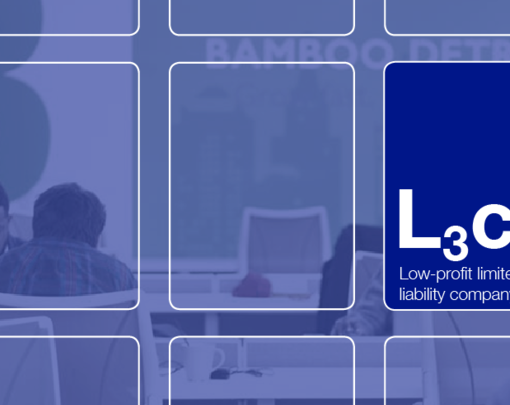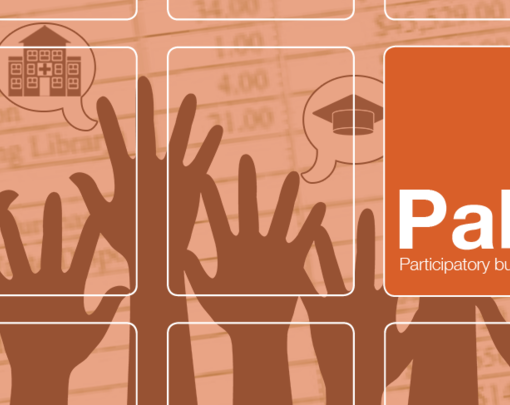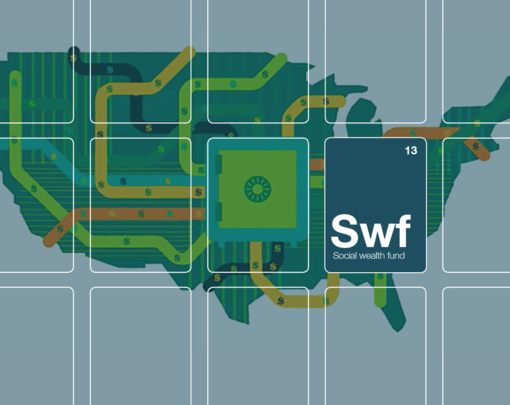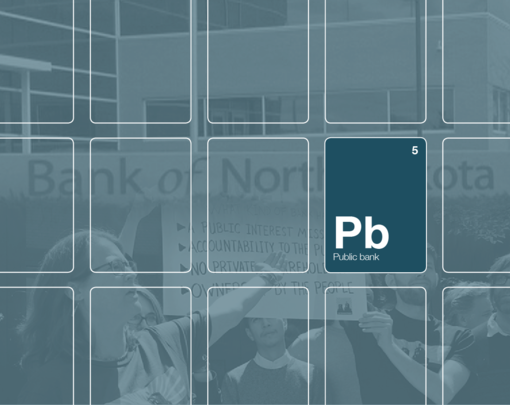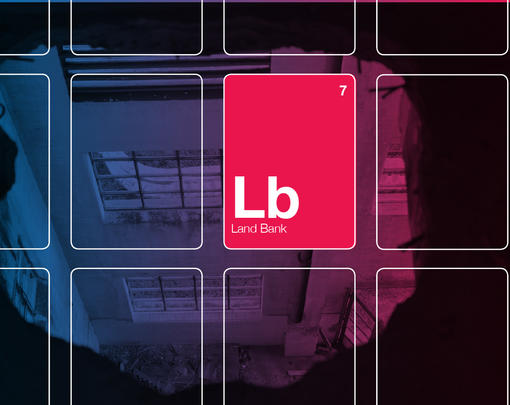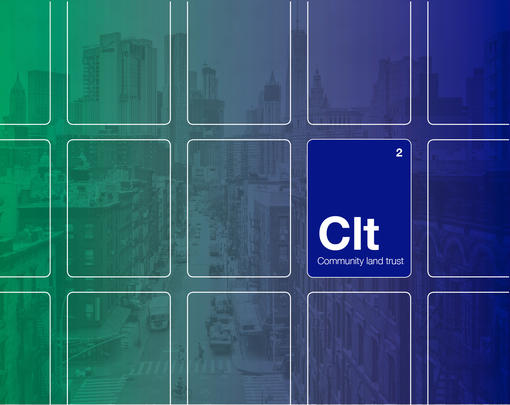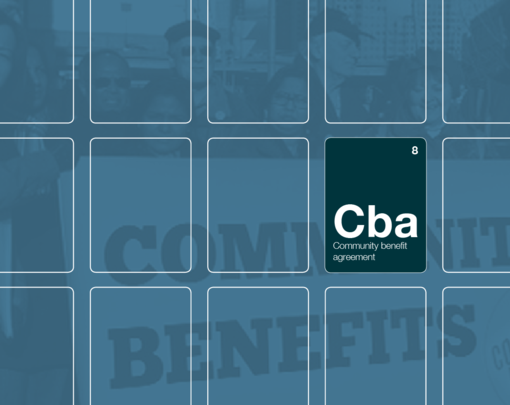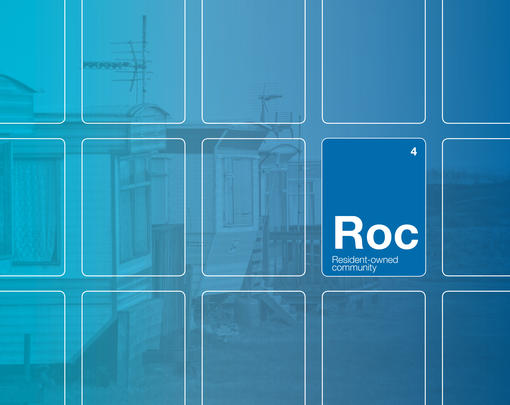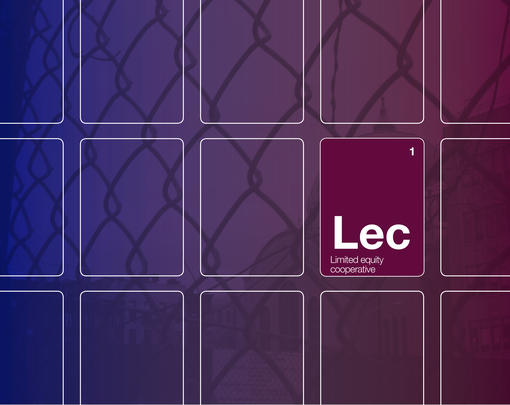Description
Worker cooperatives are businesses that are owned and governed democratically by their workers, on a one-member, one-vote basis.
Unlike a traditional business, in which ownership and control is separate from and often antagonistic to the workers who create value for the firm, a worker cooperative provides for both democratic ownership of the workplace, with each worker holding an equal interest in the business, and democratic governance, with each worker able to cast an equal vote in key decisions. A spectrum of management practices lays behind this basic institutional design. Many worker cooperatives, especially smaller ones, embrace more horizontal and directly democratic forms of self-management. Others, especially larger ones, use more traditional, hierarchical management structures that are embedded within systems of oversight that give workers the power to elect the company’s board and vote on the largest and most important business decisions.
Potential Impact
While worker cooperatives represent only a very small percentage of US businesses, the sector is growing and poised for a significant increase in scale. Only approximately 6,800 workers in the US are members of worker cooperatives—but there has been significant growth in the sector, which has doubled in size over the past decade. Small investments in worker cooperative development capacity have demonstrated a significant impact. For instance, a relatively small amount of funding from New York City—currently less than $4 million annually—has sparked an increase in the number of worker co-ops in the city from 12 when the effort started in 2014 to 80 by 2018. A major opportunity to scale the sector stems from the so-called “silver tsunami”—the impending retirement of millions of baby boomer business owners, many of whom lack a robust succession plan for their firms. Conversion to worker cooperatives offers a job-preserving pathway, incentivized by the same tax benefits available to ESOPs (employee stock ownership plans) but more appropriate for smaller businesses.
Transformative Characteristics
Worker cooperatives provide a clear and intuitive example of the democratic economy in action, and a building block of enterprise design that can be incorporated into higher-level structures. According to Esteban Kelly, executive director of the US Federation of Worker Cooperatives, “worker cooperatives may be the most coherent alternative to capitalism as we know it because they put capital at the service of labor rather than the other way around.” At the same time, worker cooperatives, because they are real businesses operating under real market and capital constraints, provide a valuable platform for educating and empowering their member-owners to play a larger role in the democratic management of the economy. Real world experiences—like the 70,000 worker Mondragon network in the Basque country, or the thousands of worker cooperatives clustered in Italy’s Emilia Romagna region, have also shown that significantly higher concentrations of democratic workplaces are possible with the proper support and incentive ecosystems. These cooperative economies have demonstrated the ability to provide stable, long-term opportunities for inclusive growth and to support high degrees of technical innovation.
Examples
Cooperative Home Care Associates (The Bronx, New York)
Founded in 1985, CHCA is the largest worker cooperative in the US, with over 2,000 employees. In a sector (home care) often characterized by exploitative and precarious working conditions, CHCA’s democratic ownership structure provides a powerful platform to protect and empower its workforce, largely composed of women of color.
Namasté Solar (Boulder, Colorado)
Founded in 2005, Namasté transitioned to a worker cooperative structure in 2011. Today, it employs 170 people and has installed more than 5,000 solar systems with a combined capacity of more than 75 megawatts—a significant share of total generation capacity in the state of Colorado. With a six-to-one pay ratio between highest- and lowest-paid employees, Namasté has consistently been recognized as a “best workplace.”
Challenges
Worker cooperatives can in some circumstances develop into narrowly profit-focused businesses at the expense of larger commitments to community and solidarity, a tendency amplified by a financial and technical support ecosystem that is underdeveloped compared to the one enjoyed by “normal” businesses. Scaling up access to mission-oriented sources of capital, developing more robust networks of mutual support, and implementing co-op-friendly public policies are all critical success factors for the continued growth of the worker cooperative sector that all lie largely outside the control or purview of individual worker cooperatives.
More Resources
- The Democracy at Work Institute provides in-depth and cutting edge research on and for worker cooperatives.
- The ICA Group is a nonprofit worker cooperative development agency with over four decades of experience.
Download and Share




